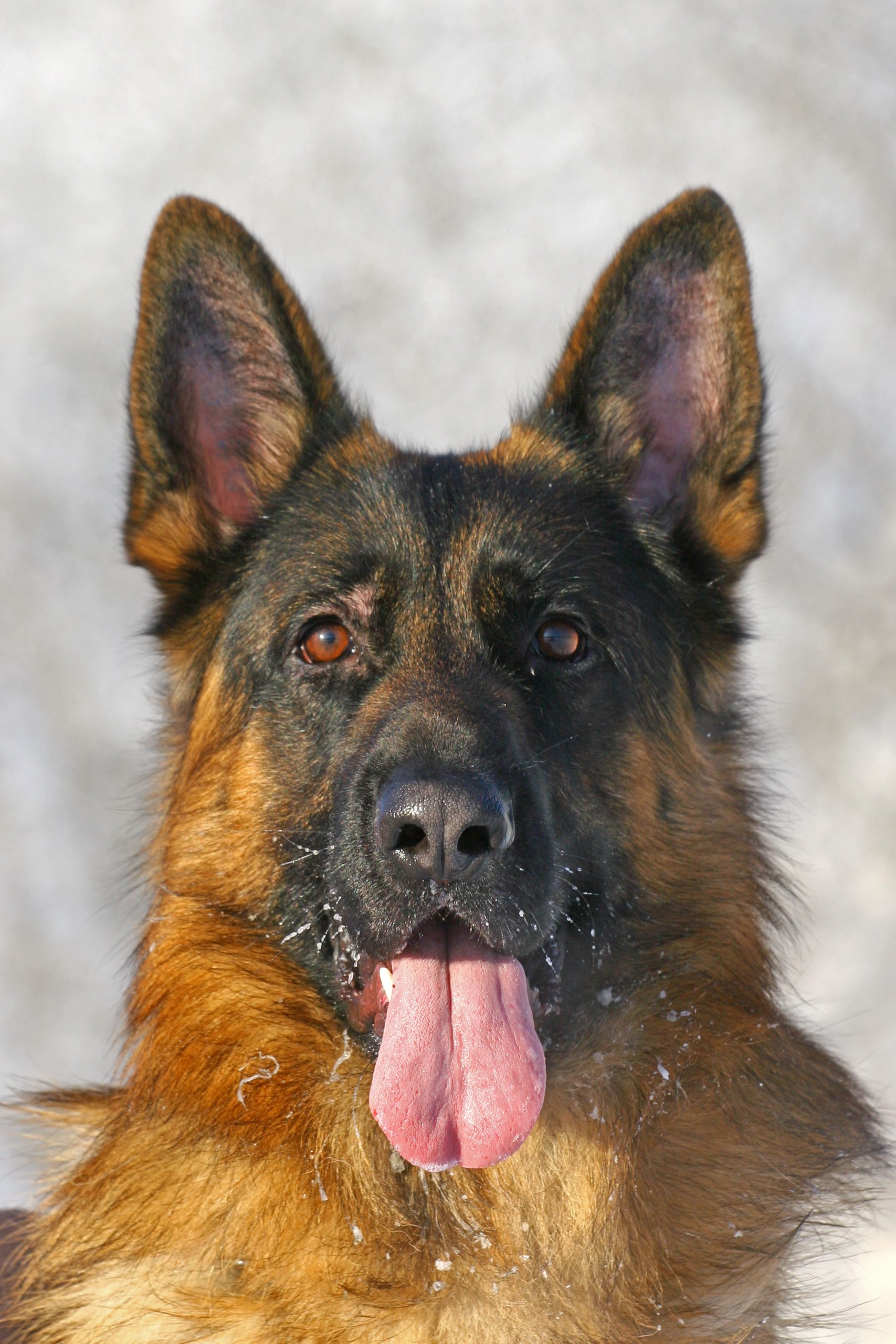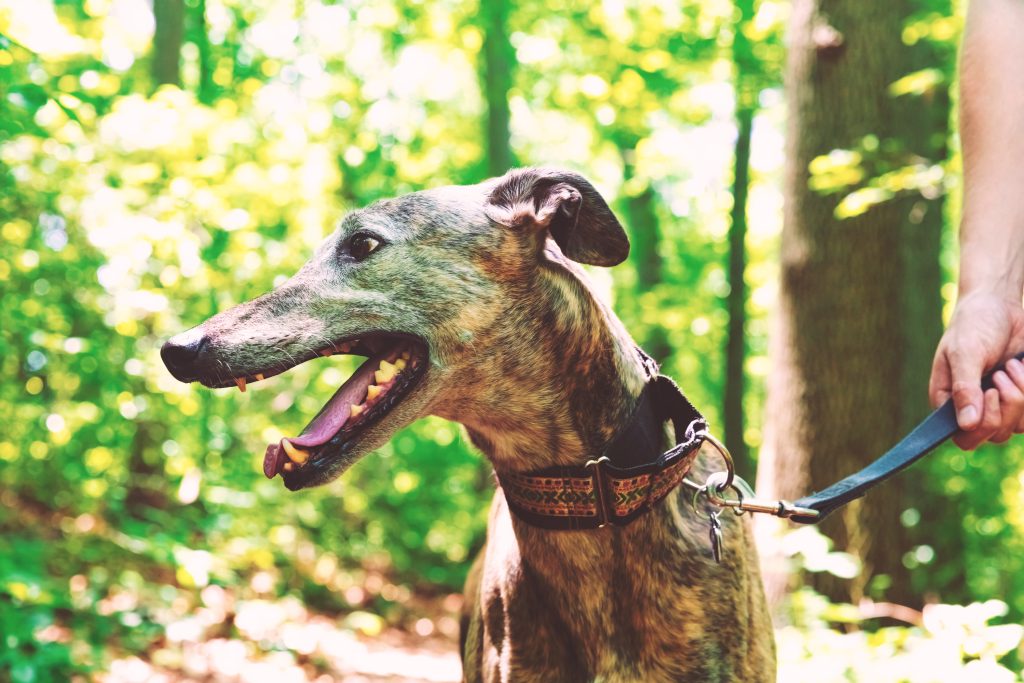Positive reinforcement training has become increasingly popular in recent years, and for good reason. This method of dog training focuses on rewarding your puppy when they do something right rather than punishing them when they do something wrong. In this blog post, we’ll explore why positive reinforcement is the best way to train your puppy and how you can get started today.
Introduction to Positive Reinforcement Training
Positive reinforcement training involves using rewards such as treats or praise to encourage desirable behavior from your puppy. Whenever your puppy does something that you like, you give them a treat or shower them with praise. Over time, your puppy will learn which behaviors are rewarded and which ones aren’t, and they will start to behave in ways that earn them those rewards.
The Benefits of Using Positive Reinforcement with Your Puppy
There are many benefits to using positive reinforcement training with your puppy. First and foremost, it creates a strong bond between you and your pup. By focusing on what your puppy is doing right, you build trust and create a sense of teamwork. Additionally, positive reinforcement training helps prevent bad habits from forming because you’re not inadvertently encouraging unwanted behavior by scolding or yelling at your puppy. Instead, you’re only rewarding the behavior that you want to see more of. Ultimately, positive reinforcement training is simply more effective than other methods of dog training. Studies have shown that dogs who receive positive reinforcement training respond faster and retain information better than those who don’t.
How to Get Started With Positive Reinforcement Training Today
Getting started with positive reinforcement training is easy! Here are some tips:
1. Choose the right treats: Make sure the treats you use are small enough to fit comfortably in your puppy’s mouth but large enough to be worth their while. You also want to choose treats that your puppy loves so they look forward to getting one after performing a desired behavior.
2. Be consistent: Consistency is key when it comes to positive reinforcement training. Always reward your puppy when they perform a desired behavior, and make sure everyone in your household is on board with the program.
3. Focus on one behavior at a time: Don’t try to teach your puppy everything all at once. Pick one behavior that you want to work on, such as sitting, and focus solely on that until your puppy has mastered it. Then move onto another behavior.
4. Use positive language: Instead of saying “no” or “stop,” use positive language like “good boy/girl” or “yes!” when your puppy performs a desired behavior.
Common Mistakes to Avoid When Training Your Puppy
While positive reinforcement training is generally very effective, there are some common mistakes that people often make when trying to train their puppies. Here are a few things to avoid:
1. Rewarding bad behavior: Sometimes, even well-meaning pet parents accidentally reward bad behavior without realizing it. For example, if your puppy jumps up on you and you push them away, they may interpret that as attention and continue jumping up to get more attention. Instead, ignore your puppy until they calm down and then reward them when they exhibit appropriate behavior.
2. Giving too many treats: While treats are an important part of positive reinforcement training, you don’t want to overdo it. If your puppy becomes reliant on treats, they may stop listening to you altogether. Only give treats when necessary and mix in plenty of verbal praise and physical affection as well.
3. Not being patient enough: Dog training takes time and patience. It’s unrealistic to expect your puppy to master complex commands within just a few days. Stay patient and consistent, and eventually, your hard work will pay off.

In closing, positive reinforcement training is the best way to train your puppy. By focusing on rewarding good behavior instead of punishing bad behavior, you’ll create a stronger bond with your furry friend and help them develop into a well-behaved member of your family.

